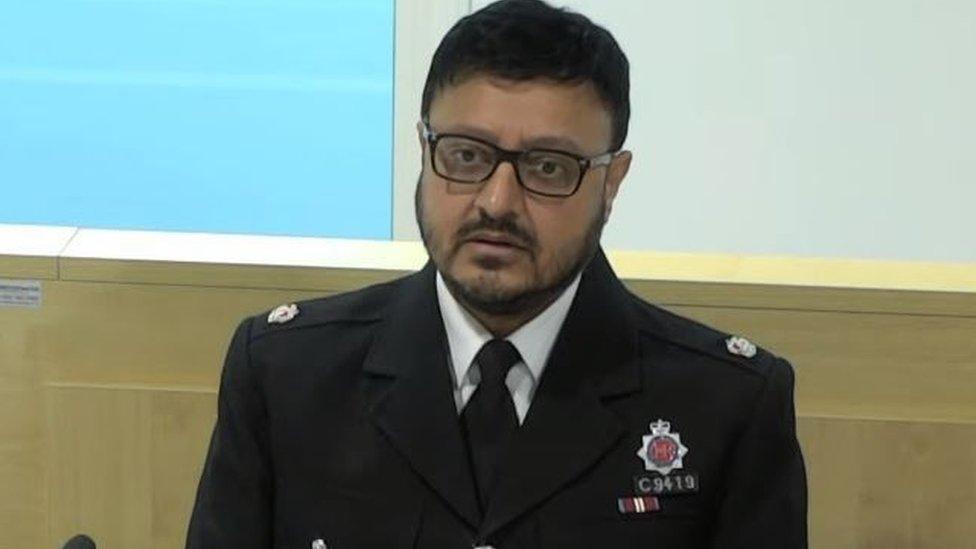Manchester Arena Inquiry: Paramedics 'were not struggling' after attack
- Published
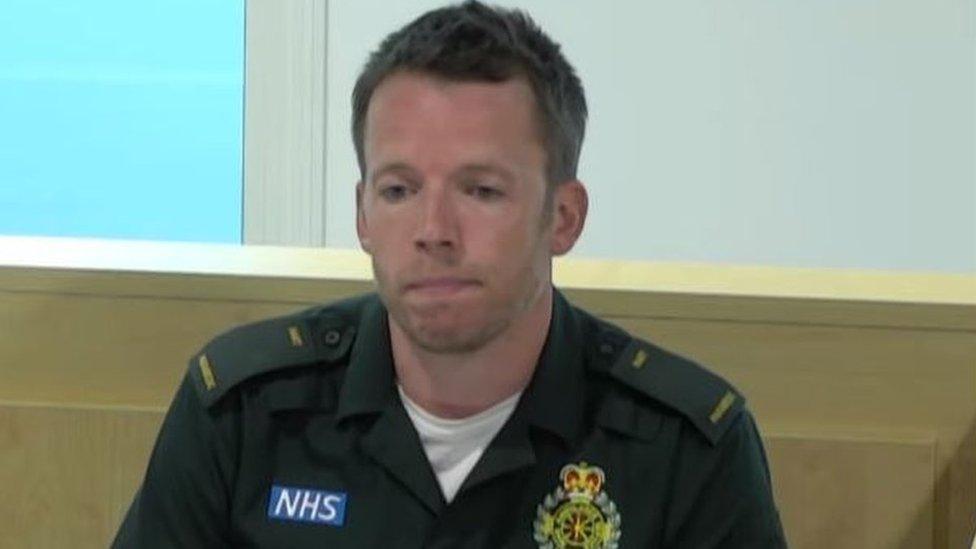
Chris Hargreaves was one of three paramedics to go into the foyer after the bomb was detonated
A specialist paramedic who treated people injured in the Manchester Arena attack has told an inquiry that more medics "would have helped".
Chris Hargreaves was one of three North West Ambulance Service (NWAS) paramedics to go into the foyer after Salman Abedi detonated a bomb in 2017.
He said they were "coping OK" but more reinforcements would have helped.
However the paramedic said he did not "want to make it sound like we were struggling there".
Twenty-two people were killed and hundreds more injured when Abedi detonated a homemade device as crowds left an Ariana Grande concert at the venue just after 22:30 BST on 22 May 2017.
Mr Hargreaves was a member of the Hazardous Area Response Team (HART), specially trained to respond to major incidents such as terrorist attacks.
He and his colleague Lea Vaughan entered the arena foyer about 45 minutes after the explosion.
"I can honestly say I didn't think at any point that night, we need more people up here," he told the public inquiry into the atrocity.
"Ultimately I think if we'd have had extra personnel there, it would have helped.
"You can't deny that. To have extra experienced people in there."

Twenty-two people were killed in the May 2017 bombing
The inquiry has heard makeshift stretchers such as tables and metal barriers were used to help the injured.
"It wasn't what should have happened, but it happened and I thought it worked effectively", Mr Hargreaves said.
NWAS operational commander Derek Poland also told the inquiry he offered to help the only paramedic at the scene when he arrived, but was told to be a parking point officer.
He said he had been "needed to help set up command and control within the foyer".
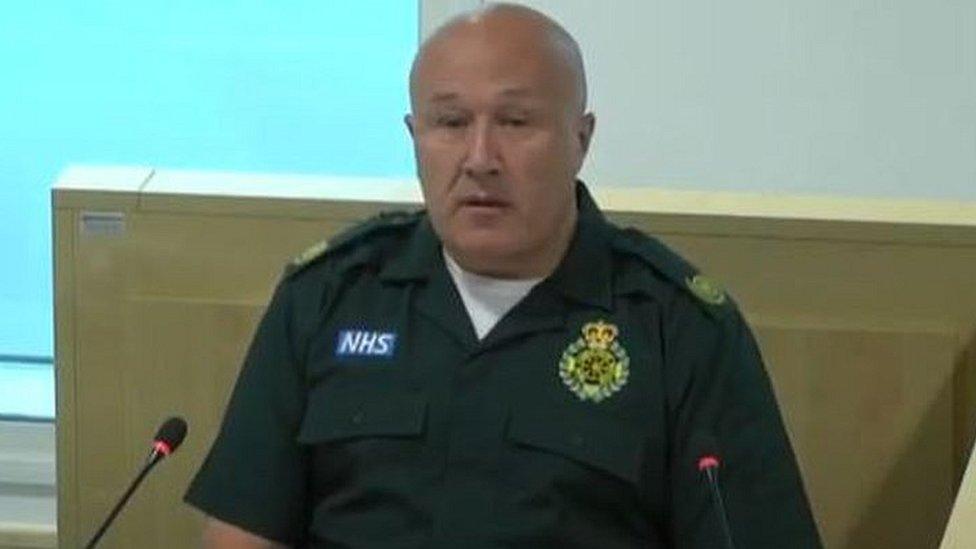
Derek Poland said he had been "needed to help set up command and control within the foyer"
Mr Poland agreed that it was an "unsatisfactory state of affairs" that Patrick Ennis was the only paramedic in the City Room for a period of time.
Paul Greaney QC, counsel to the inquiry, asked him if, bearing in mind that he knew Mr Ennis "wouldn't be able to cope on his own", did he think being given the parking officer role "was a mistake?"
He replied that it had not been, as he "knew others would be coming shortly afterwards".
Mr Greaney then asked if putting a "highly experienced" paramedic such as him "in charge of parking [was] the best use of your abilities and experience that night?"
Mr Poland replied that he believed it was, "because we need to get the vehicles to scene, we need to get the vehicles away from scene, we need to make sure the teams are briefed properly so that they can go and treat the casualties".
The inquiry continues.

Why not follow BBC North West on Facebook, external, Twitter, external and Instagram, external? You can also send story ideas to northwest.newsonline@bbc.co.uk
Related topics
- Published27 May 2021
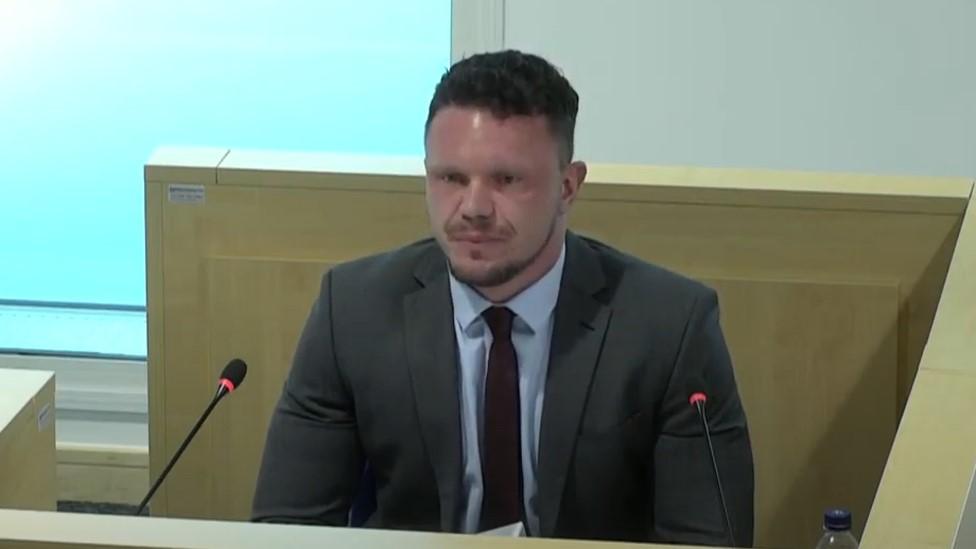
- Published26 May 2021
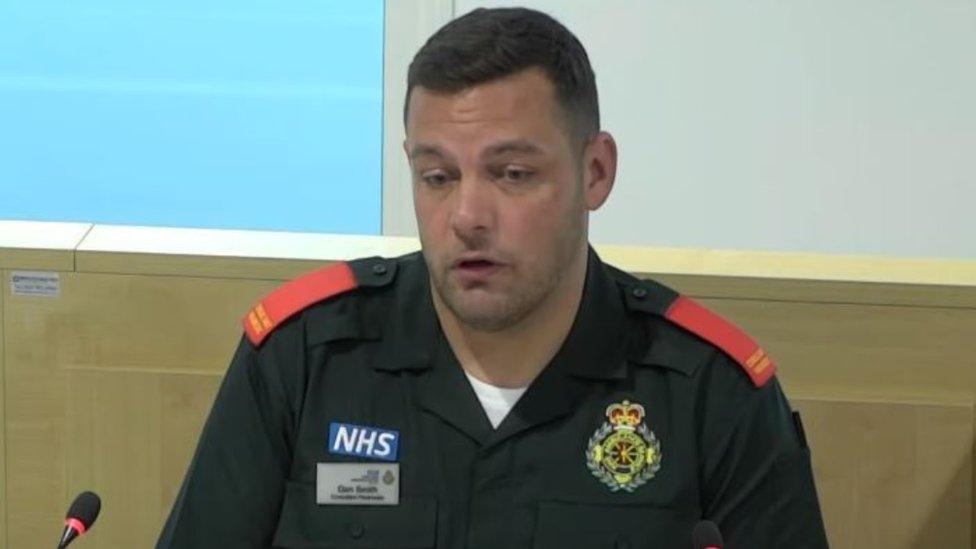
- Published25 May 2021
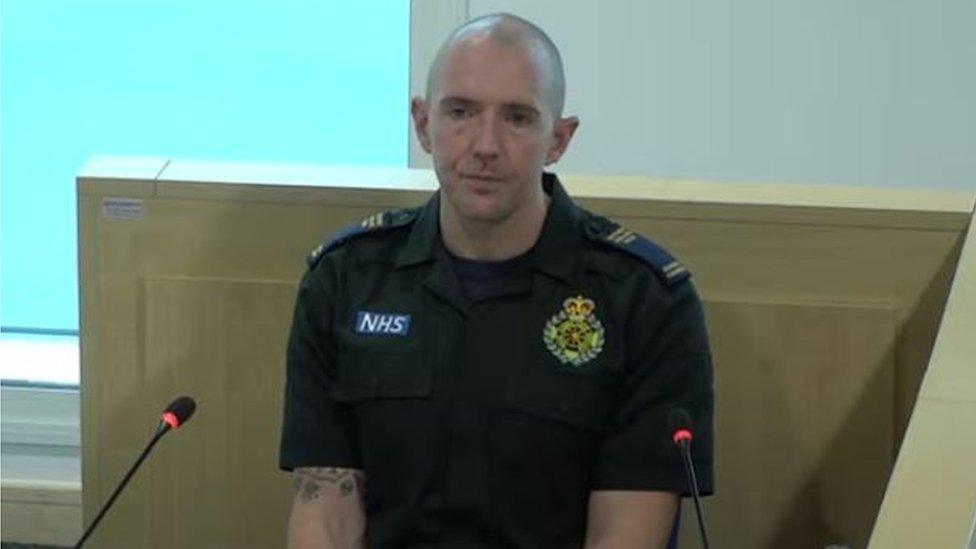
- Published24 May 2021

- Published20 May 2021
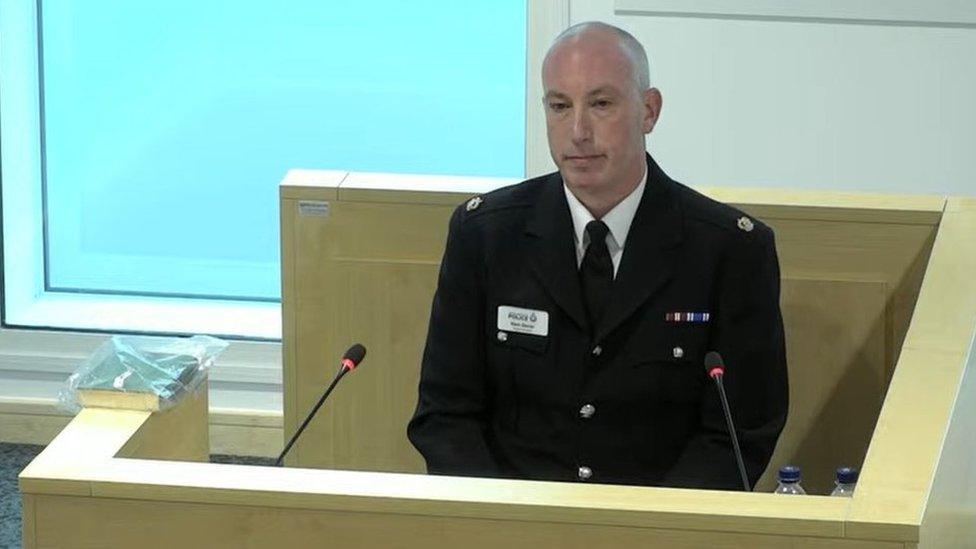
- Published18 May 2021
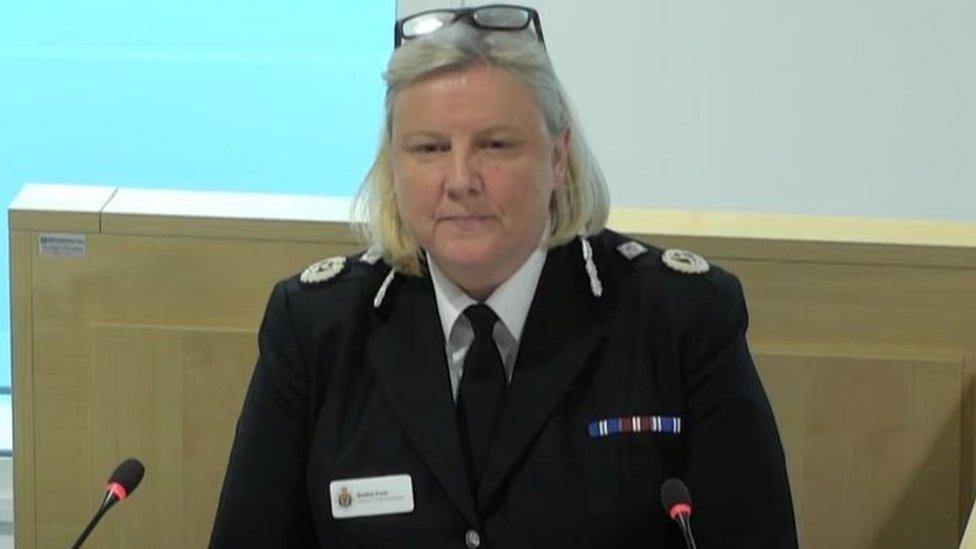
- Published17 May 2021
